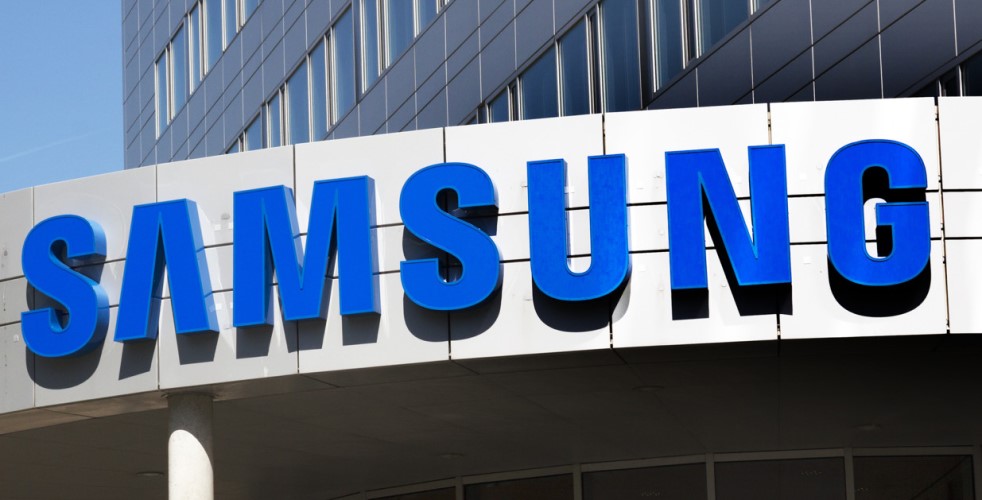
Samsung Warns of Gloomy Chip Market Outlook
The South Korean technology group Samsung Electronics warns of a difficult period for the chip market towards the end of the year. A top executive of the world’s largest memory chip maker spoke of gloomy prospects for the year’s second half.
Samsung also sees no signs of recovery in the coming year.
“The general perception earlier this year was that the second half would be better than the first half, but from April to May, the picture has changed dramatically,” said Kyung Kyehyun, chief executive of Samsung’s Device Solutions Division, which oversees the company’s semiconductor business. Competing chipmakers such as SK Hynix and Micron Technology have also warned of declining demand for chips.
During the corona pandemic, chips were unavailable due to the strong demand for laptops and other equipment to work from home. As a result, many sectors were faced with chip shortages. However, due to high inflation in many countries, consumers have become much more careful with their spending and are spending less on electronics due to high energy bills.
During a visit to a new Samsung chip factory in Pyeongtaek, Kyung also said that Samsung wants to respond more quickly to changes in the market rather than sticking to a predefined investment plan. Nevertheless, according to the director, Samsung will do its best to keep capital expenditure stable.
In addition to a collapsing chip market, Samsung is also struggling with the clash between China and the United States, putting trade relations between the two economic superpowers under pressure. While South Korea has historically followed Washington’s lead, Samsung is counting on it to continue selling its chips, smartphones and other products in the vast Chinese market. Samsung has both customers and factories in China.
“It’s hard for us to miss such a big market,” Kyung said. “We are trying to find a solution during this conflict that everyone can relate to.” Washington wants, among other things, to ban the sale of advanced chips and equipment to Chinese tech companies, such as in the field of artificial intelligence. At the same time, the US wants to stimulate chip production on its own soil. As a result, Samsung also plans a new chip factory in Texas to meet American demand.


